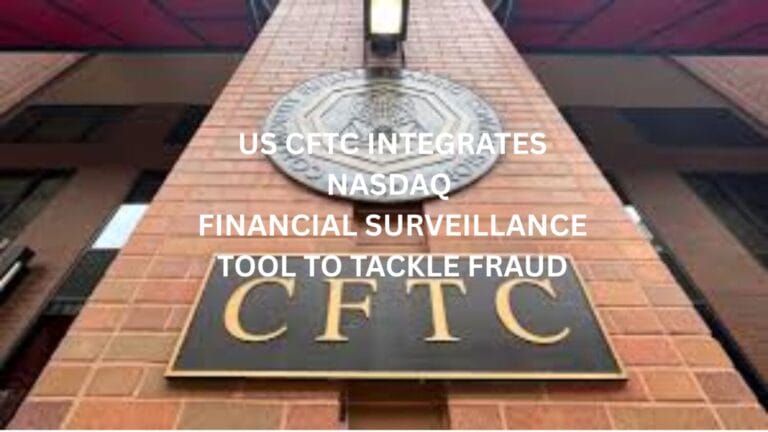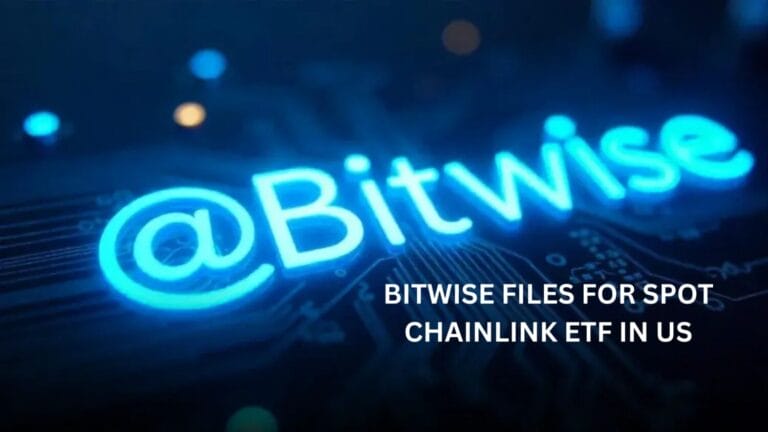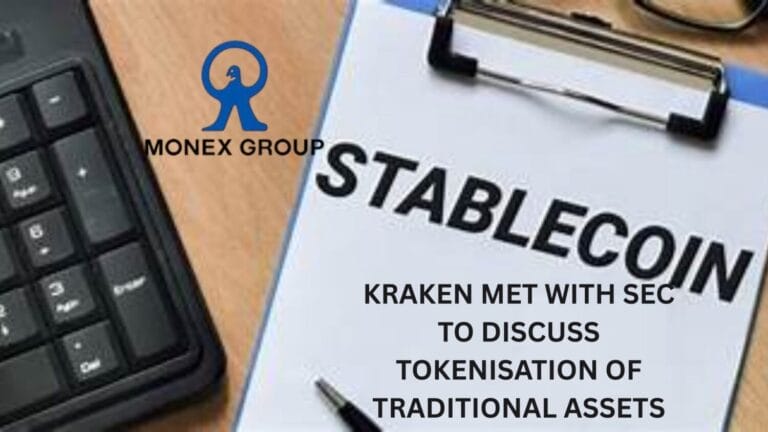Key Takeaways:
- Ripple has been ordered to pay $125 million in civil penalties for violating securities laws through its institutional sales of XRP
- The ruling provides clarity on the regulatory treatment of digital assets in the U.S
District Judge Analisa Torres of the Southern District of New York has ordered Ripple to pay a hefty $125 million civil penalty, marking a crucial moment in the ongoing regulatory battle between the U.S. Securities and Exchange Commission (SEC) and the crypto industry.
The decision follows a ruling that Ripple’s 1,278 institutional sales of its native cryptocurrency, XRP, violated securities laws.
The case, which has been closely watched by the entire crypto community, stems from a 2020 SEC lawsuit accusing Ripple of raising $1.3 billion through the unregistered sale of XRP.
(source)
The SEC argued that these transactions should be classified as securities, thereby requiring regulatory compliance. Ripple, however, maintained that XRP is a digital currency and not subject to securities regulations.
Judge Torres’ ruling represents a mixed outcome for both parties. While she previously ruled that some XRP transactions did not breach securities laws, she found that direct sales to institutional investors did indeed constitute securities transactions.
This finding led to the imposition of a $125 million penalty, which Ripple must pay within 30 days.
The implications of this ruling extend far beyond Ripple. Brad Garlinghouse, Ripple’s CEO, characterized the decision as a victory not just for Ripple but for the broader crypto industry and the rule of law.
He emphasized that the SEC’s original demand for a $2 billion penalty was excessive, and the court’s decision offers much-needed clarity for the future of digital assets in the U.S.
Ripple’s Chief Legal Officer, Stuart Alderoty, echoed these sentiments, noting that the court acknowledged the absence of fraud or intentional wrongdoing in Ripple’s actions. This detail is critical, as it underscores the distinction between regulatory non-compliance and criminal behavior in the context of emerging financial technologies.
Despite the ruling, the legal journey may not be over. The SEC is likely to appeal, particularly given that Judge Torres denied their motion for an interlocutory appeal last year.
The judge also imposed an injunction, prohibiting Ripple from any future violations of federal securities laws, signaling ongoing scrutiny of the company’s activities.
In the wake of the ruling, XRP saw a surge in value, with prices climbing as high as $0.6434, reflecting renewed investor confidence. The decision has been met with optimism by the XRP community, which views it as a milestone victory that could set a precedent for how digital assets are regulated in the United States.










